Soil… most people just think of it as dirt, something to grow a few plants in, and maybe something to play in when you are young. However, (healthy) soil is a living, breathing organism, vital for the health and well-being of our precious plants out in the garden. And just as we feed and nurture our plants, so must we feed and nurture our soils. But what determines a healthy soil, how do we achieve it, and how will it benefit us as gardeners?
 |
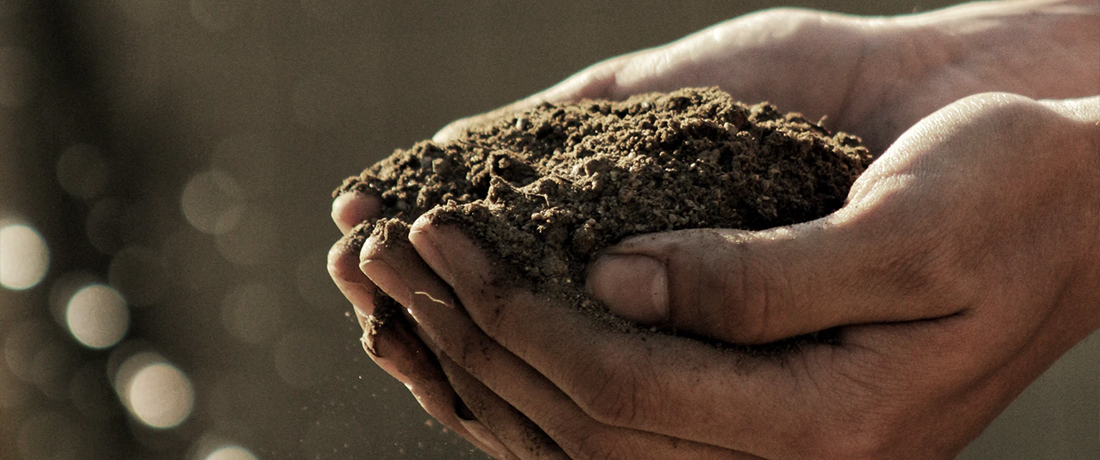
Healthy Soil is Easy – Soil… most people just think of it as dirt, something to grow a few plants in, and maybe something to play in when you are young. However, (healthy) soil is a living, breathing organism, vital for the health and well-being of our precious plants out in the garden.
 |
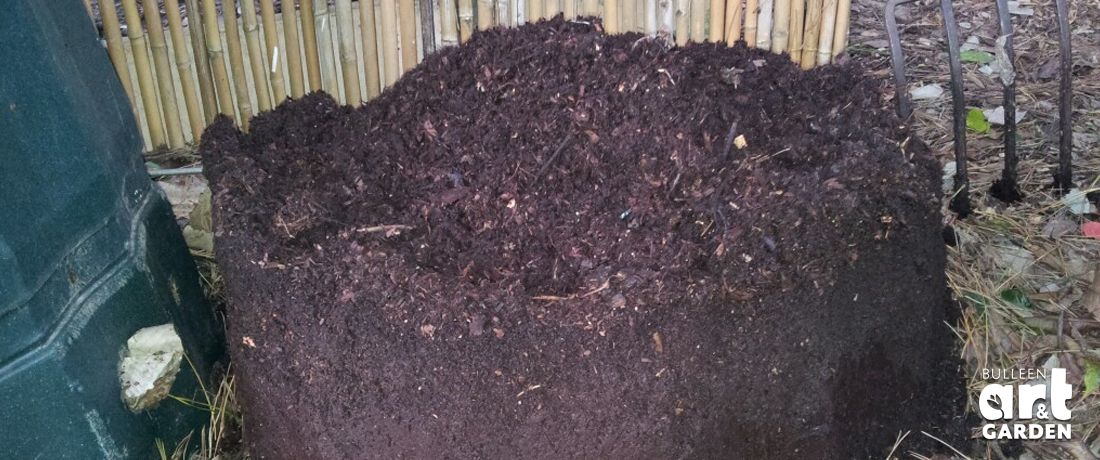
Composting – Composting is a natural biological process, which converts wastes to rich organic humus. This process is carried out by organisms, both microscopic and larger, including bacteria, fungi, worms and insects.
 |
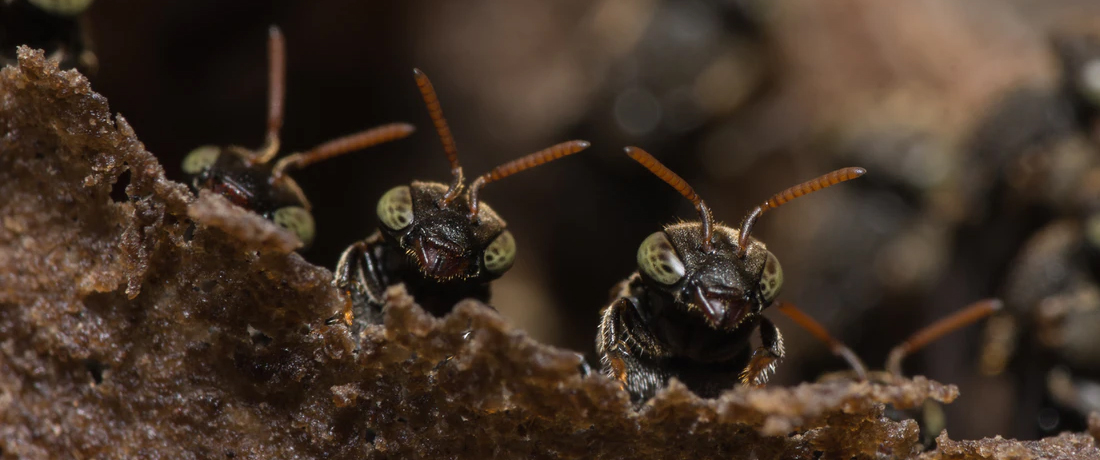
The Living Components of your Soil – We tend to forget that our soil has a significant amount of animal, fungal and single celled life in it… but it is this very life that is essential in making available much of the nutrients that plants use.
 |
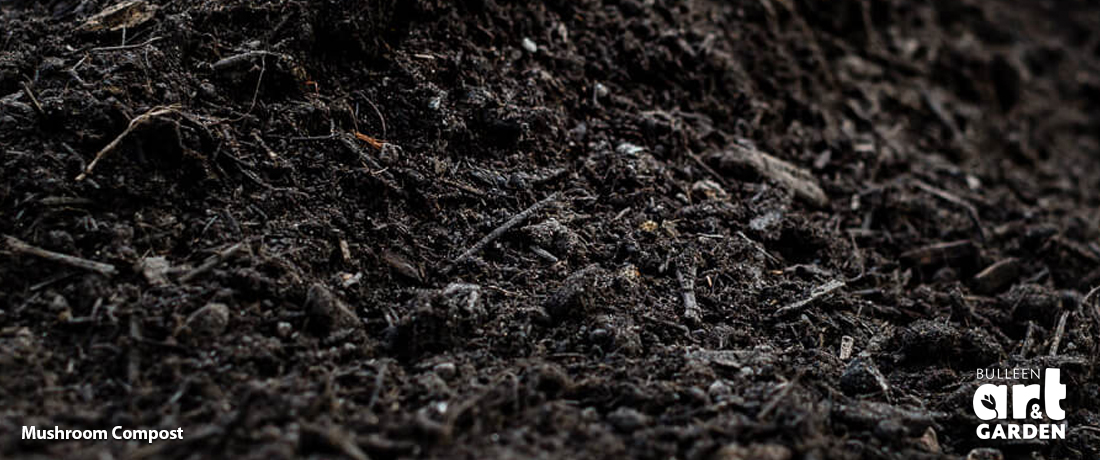
Manures – We all know that using manure in the garden is a great way to improve the soil and provide nutrients to plants. But why is this? What is the best type? How much of the stuff should I be using? Does poo stick to your fur?
 |
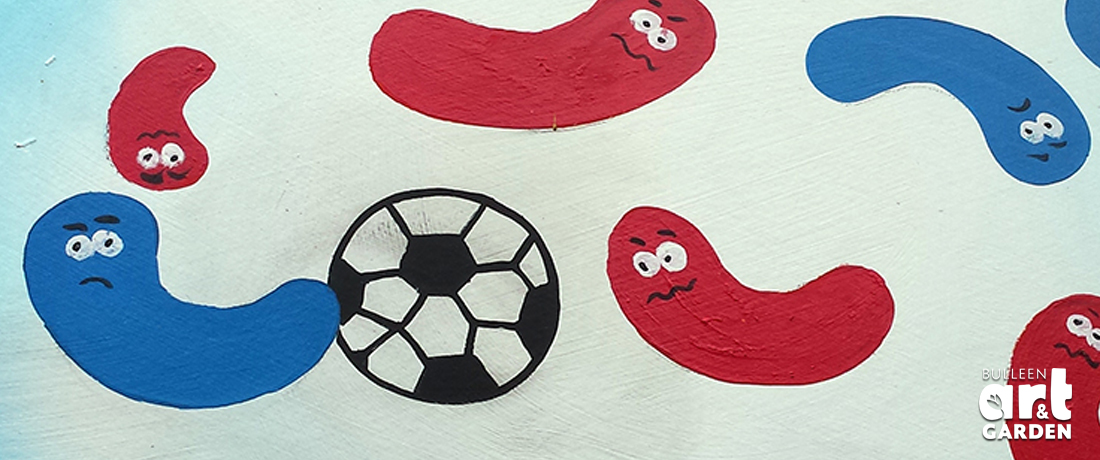
Beneficial Nematodes for Natural Pest Control – Since beneficial nematodes are natural part of the soil ecosystem, they’re a safe biological pest control to use around humans and pets, and they won’t harm non-target species such as bees and other beneficial insects.
 |
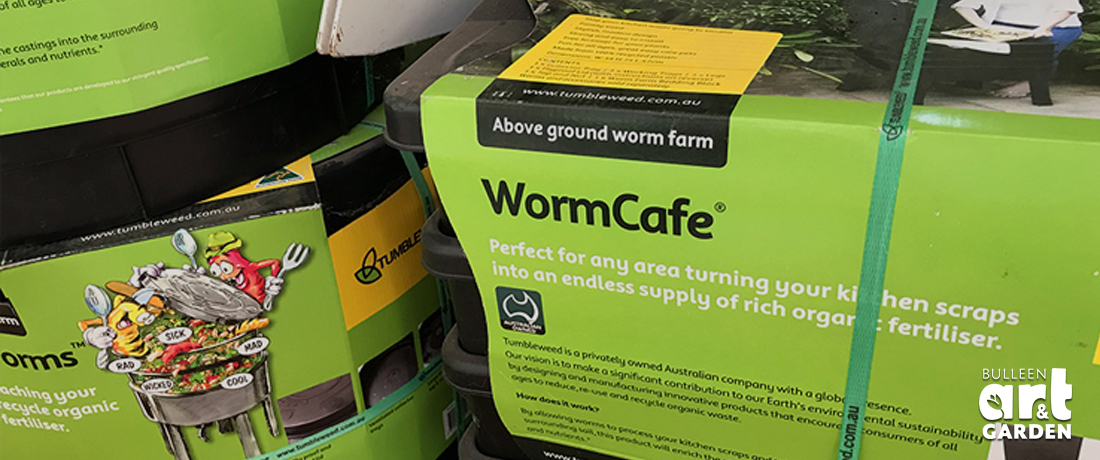
Worm Farms – Worms are fabulous little creatures. By eating their way through refuse and detritus, they manage to make the most nutritious and enriching fertiliser suitable for all your garden and potted plants, which won’t harm your plants because it is so gentle and natural.
 |
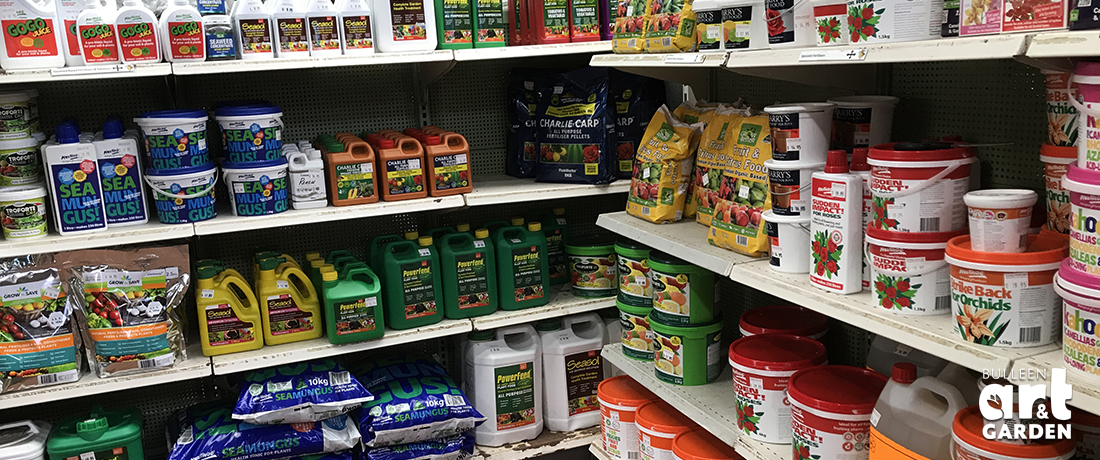
Fertiliser Facts – With so many different types of fertilisers out there, it’s hard to know which one is the best to use. Here’s a bit of a background info on the different types of fertiliser available and how they affect your garden.
 |
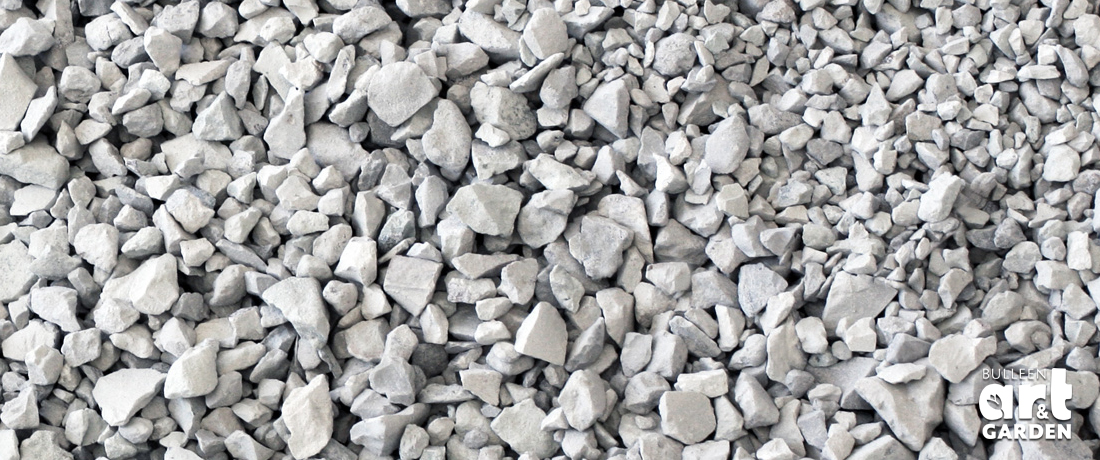
Zeolite and Hydrocell – Two Great Soil Improvers – There are a whole bunch of really smart people out there doing amazing research and product development to help improve soils. Two products are standouts, both have been around for a while, but are a bit of a sleeper.
 |
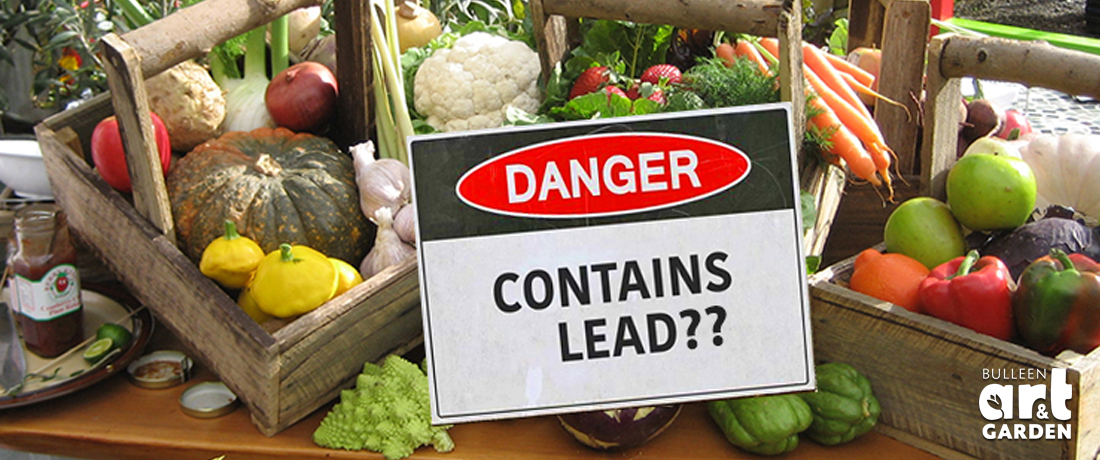
Checking your soil for contamination – Soil in household gardens can sometimes contain elevated, unsafe levels of lead, arsenic and cadmium. This is something everyone should be concerned about, but it becomes even more important when you are planning to grow your own herbs, fruit and vegies.
 |
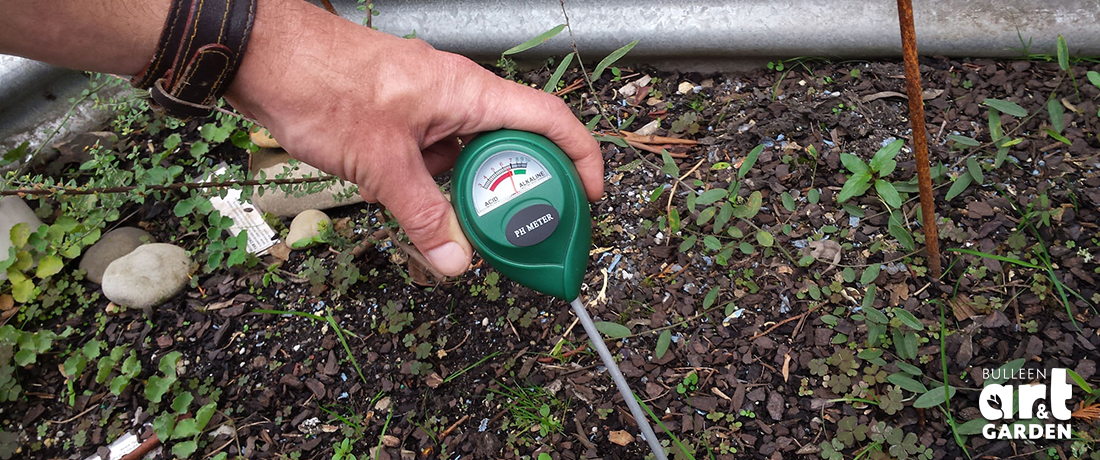
Soil pH – The pH of the soil is important in so far as certain elements, vital for plant function and growth, can only be accessed by the plant within a certain pH range. Outside this range the nutrients become “locked” by the soil and so the plant does not thrive.
 |
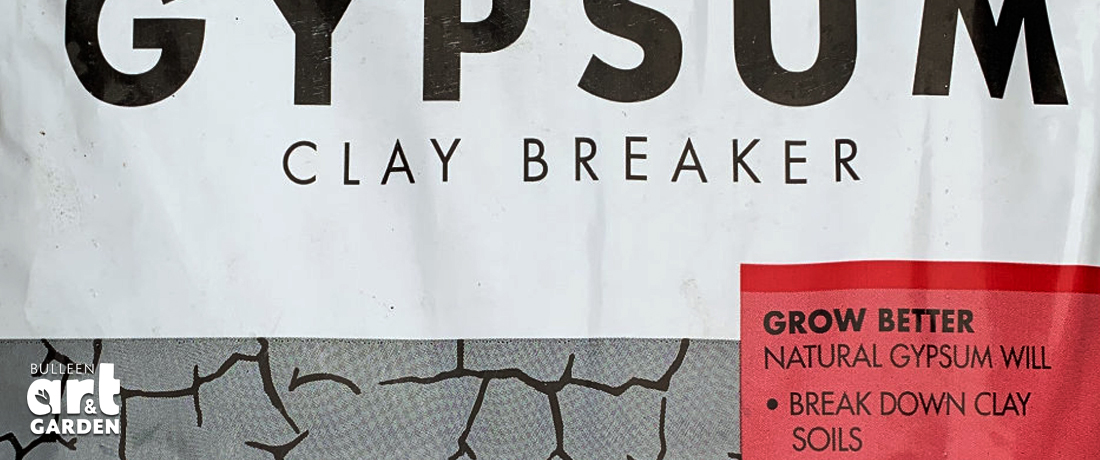
Improving Clay Soils – There are a couple of significantly good things about clay soils: the tiny particles which are the building blocks of the clay soil are extremely good at holding onto both water particles and onto nutrients (high cation exchange capacity).
 |
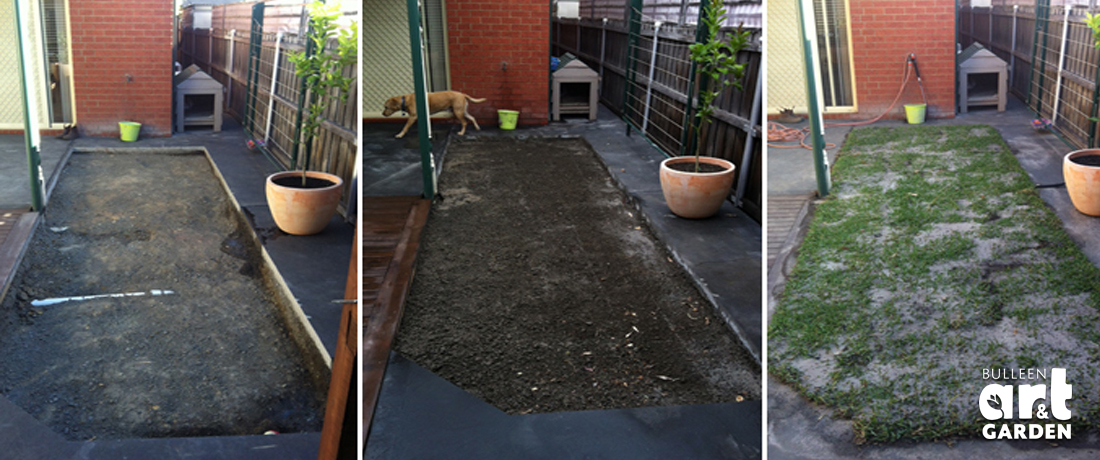
Improving soil that has been under concrete – A question which regularly gets asked at the nursery is “what do I do with my soil now I have removed the concrete?” The issues that arise with soil under large areas of concrete include compaction, hydrophobic soil, lack of organic material and pH.
 |
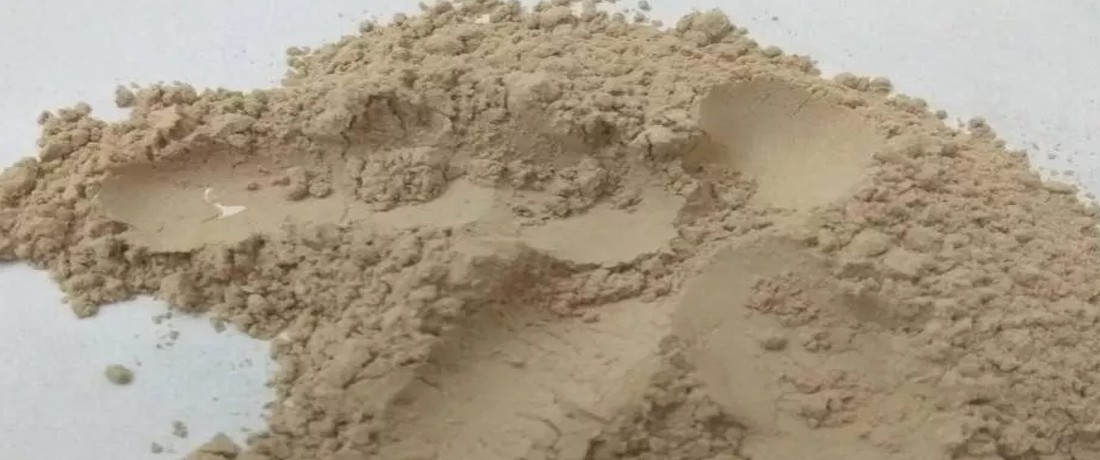
Improve sandy soils and Landscape Yard soils with Bentonite – If you have sandy soil, you will be well aware of their difficulties in holding both water and nutrition. Gardeners who live in Perth are used to dealing with this issue, and every garden centre, soil and landscaping yard there will have bags and buckets of bentonite, as well as compost, manures, zeolite and other soil additives to help build a better soil.
 |
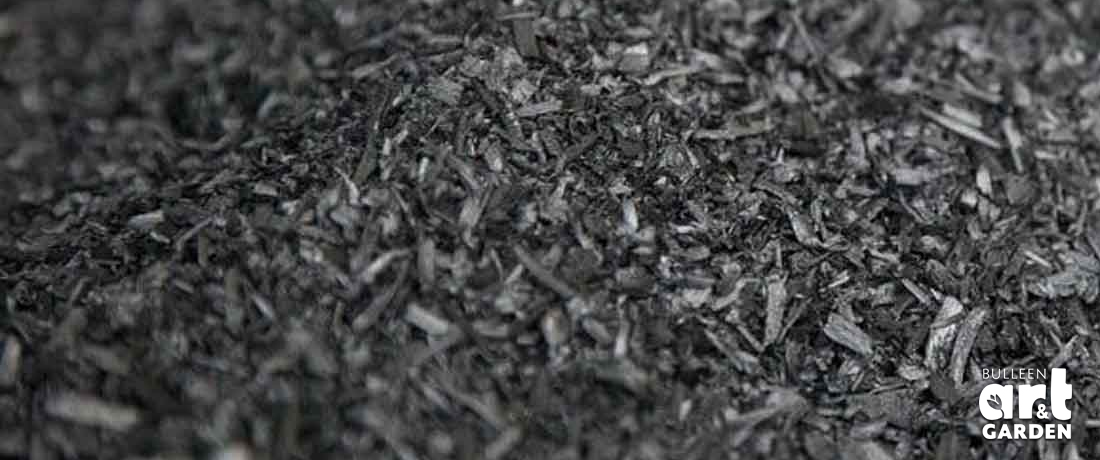
Biochar – Biochar has been touted as a multi-pronged agricultural/horticultural and garden solution to improving soil fertility, lowering the need for artificial fertilisers, and a method of carbon sequestration.
